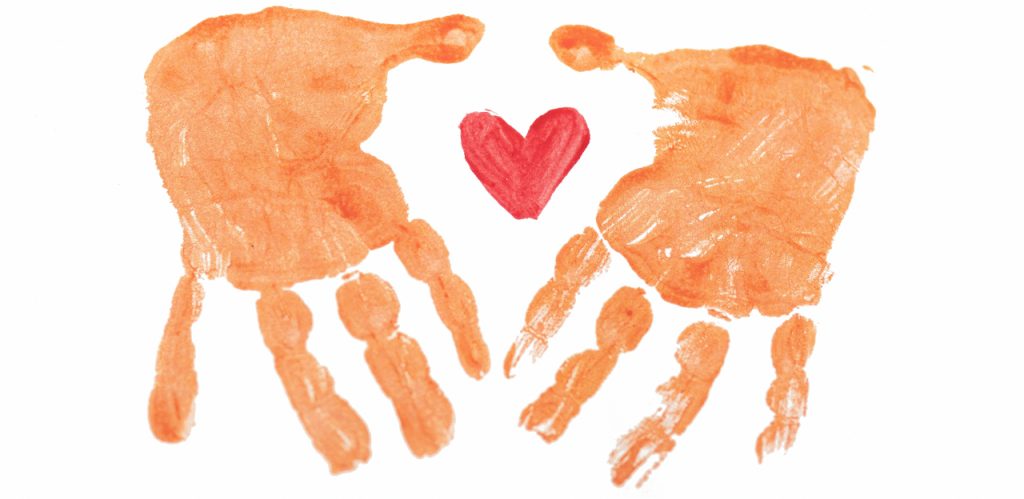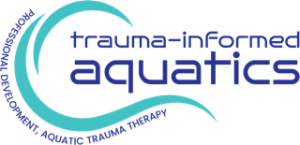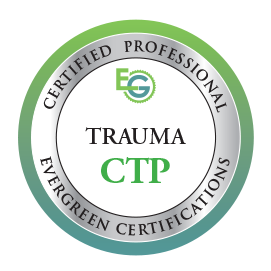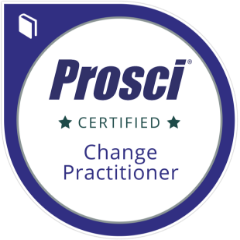
“Trauma-informed services do no harm i.e. they do not re-traumatise or blame individuals for their efforts to manage their traumatic reactions.
Becoming trauma-informed necessitates a cultural and philosophical shift across every part of a service and is applicable to all human and health service systems.
Trauma-informed systems understand the dynamics of traumatic stress, survivors in the context of their lives, and the role of coping strategies.
Trauma can arise from single or repeated adverse events that threaten to overwhelm a person’s ability to cope. When it is repeated and extreme, occurs over a long time, or is perpetrated in childhood by caregivers it is called complex trauma.
Trauma-informed systems feature safety from harm and re-traumatisation, emphasise strength building and skill acquisition rather than symptom management, and foster true collaboration and power-sharing between workers and those seeking help at all service levels.” (1)
The aquatics industry is a human and health service system. The implementation of trauma-informed practice in aquatics is highly relevant and can enable the delivery of a higher level of safety, professionalism, and protection for all involved in the industry, including staff and clients.
Through the implementation of the strengths-based framework based on the five core principles – safety, trustworthiness, choice, collaboration, and empowerment, as well as respect for diversity, the industry can minimise the risk of harm or blame for participating individuals, at all levels of engagement.
Every individual story is unique, respected, valued, and worthy. All feelings are valid and make sense given what has happened. Trauma-informed practice is about ‘being with’, not, ‘doing to’ a person. (2)

Developing an understanding of the way exposure to trauma impacts the neurobiology of brain-body responses is a key goal, along with an understanding of how trauma impacts memory and learning.
Further, awareness of one’s own life and trauma history is an important step in facilitating one’s capacity to teach aquatic skills and to respond to the distress of others in a trauma-sensitive manner.
Through trauma-informed practice with the sharing of power and control, a safer environment for aquatic skill acquisition, personal empowerment, strength-building, and healing can be created.
1. Kezelman C.A; President Blue Knot Foundation. (2014). Trauma-Informed Practice. Mental Health Australia. Retrieved 8 June 2021, from https://mhaustralia.org/general/trauma-informed-practice
2. Kezelman C.A; Stavropoulos P.A. (2020). Blue Knot Foundation: Organisational Guidelines for Trauma-Informed Service Delivery. Retrieved 10 June 2021, from https://www.blueknot.org.au/Portals/2/Practice%20Guidelines/BlueKnot_Organisational_Guidelines.pdf




